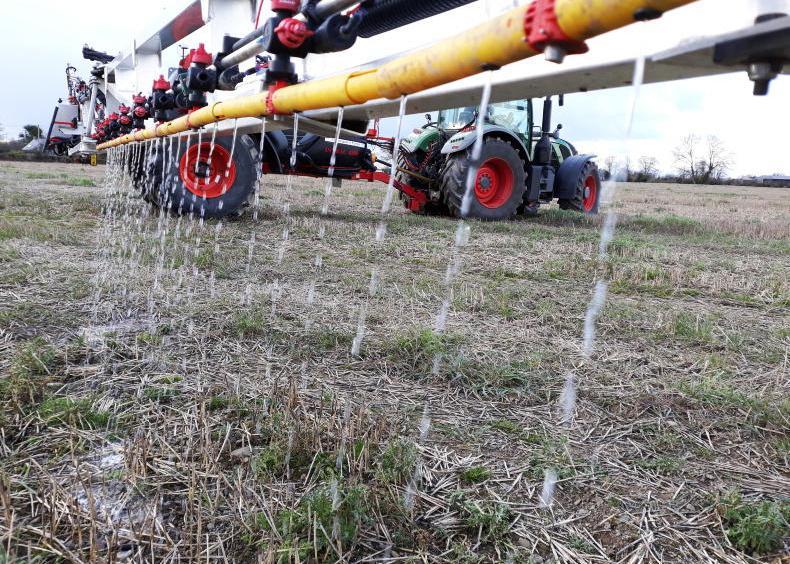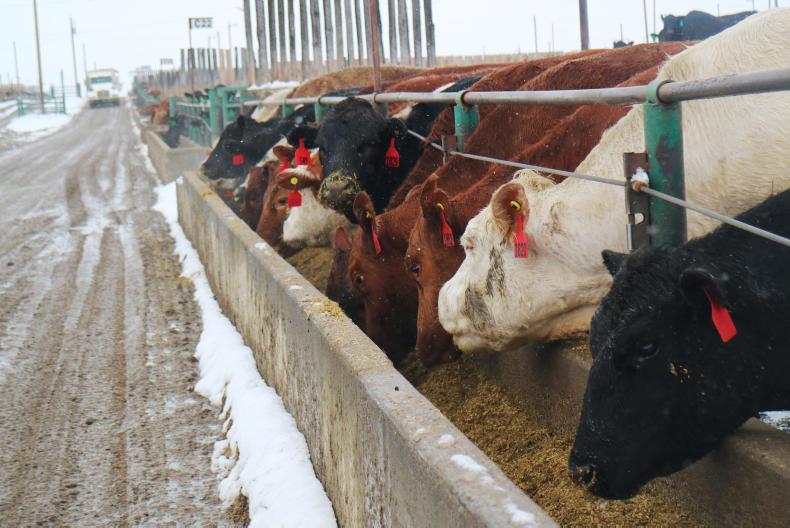As representatives from the world’s governments gather in Morocco for the COP22 climate summit to discuss the implementation of last year’s Paris agreement, the UN’s weather agency has said it has observed unprecedented temperatures so far this year.
Global temperatures for January to September 2016 have been about 0.88°C above the average (14°C) for the 1961-1990 reference period, which is used by the WMO as a baseline, the organisation reported. Meteorologists observed that temperatures spiked in the early months of the year because of the El Niño warming of the Pacific Ocean of 2015-16. Preliminary data for October indicates that temperatures are at a sufficiently high level for 2016 to remain on track for the title of hottest year on record.
More than 90% of northern hemisphere land areas outside the tropics have had temperatures at least 1°C above average so far this year. This escalated to several degrees in arctic regions. Only tropical south America has had lower than normal temperatures.
#StateofClimate: 2016 set to be hottest year on record. Temperatures approx. 1.2°C above pre-industrial era #COP22 https://t.co/muMmlEuy5l pic.twitter.com/iod2pIoA1t
— WMO | OMM (@WMO) November 14, 2016
“Another year. Another record. The high temperatures we saw in 2015 are set to be beaten in 2016,” said WMO secretary-general Petteri Taalas in a statement.
“The extra heat from the powerful El Niño event has disappeared. The heat from global warming will continue,” he added.
Greenhouse gas concentrations
According to the WMO, greenhouse gas concentrations in the atmosphere, too, are breaking records this year. While the annual average global carbon dioxide concentrations reached 400 parts per million for the first time last year, this figure was surpassed in initial observations taken at several locations around the world this year.
In the face of climate change, Talaas said the WMO was working to improve longer-term forecasting.
“Better climate predictions over timescales of weeks to decades will help key sectors like agriculture, water management, health and energy plan for and adapt to the future,” he said.
Better water management needed in the face of climate change – EPA









SHARING OPTIONS